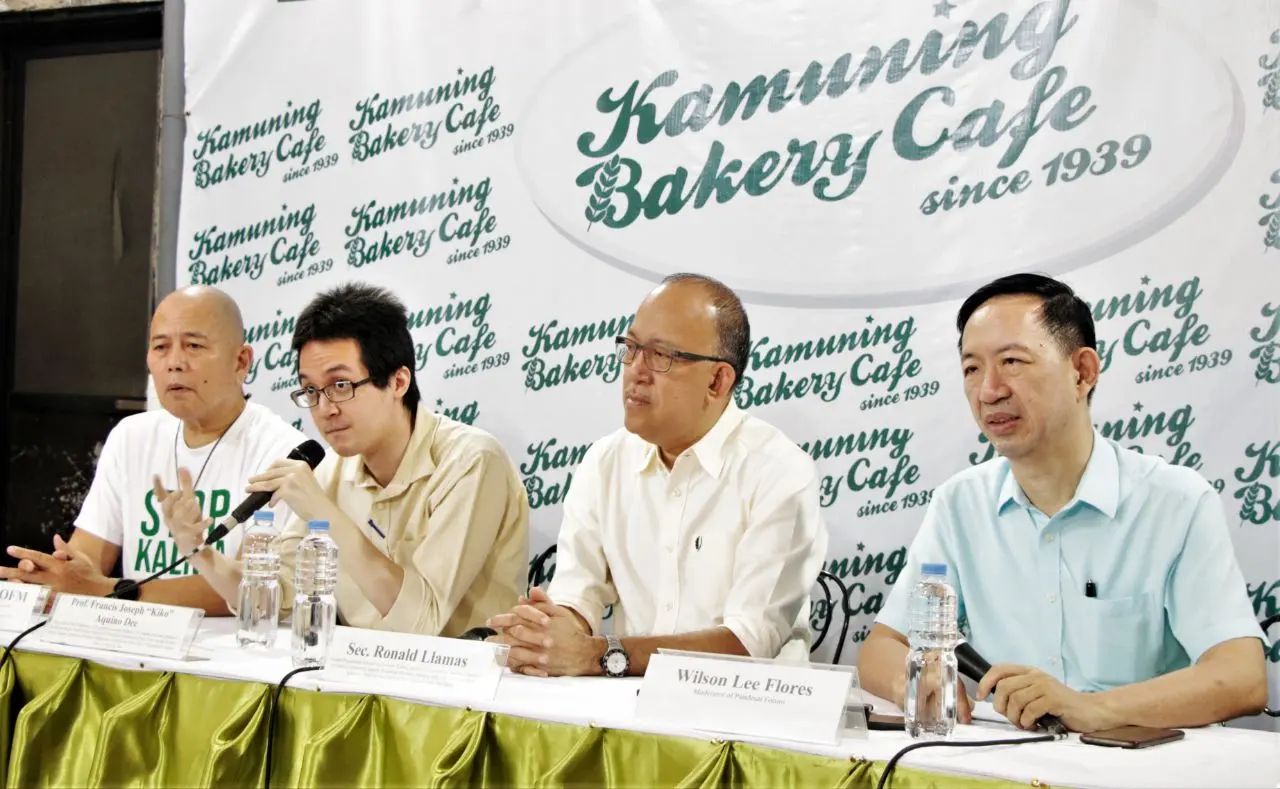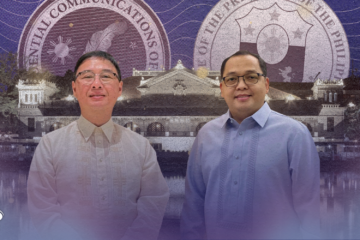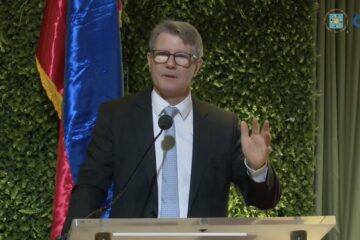
EFFORTS TO keep the memory of the 1986 EDSA revolution alive have failed as activities seeking to commemorate the event have been dogged by lack of resources and the failures of the educational system, an activist and a former government official said.
Social and political activist Fr. Robert Reyes, OFM said Filpinos have been “brainwashed” into thinking that EDSA 1986 revolt is “not an important memory” because the allies of the late dictator Ferdinand Marcos continued to reign even after he was ousted.
“To keep memory alive requires effort and funding. That’s why, where we fail, the Marcoses, the Dutertes, the Arroyos, the Estradas are succeeding. We fail to institutionalize memory. Together, they are now erasing it,” Reyes said during the Pandesal Forum last Thursday, Feb. 23.
The activist priest added that the late president Benigno “Noynoy” Aquino III had the opportunity to fill in what her mother, former president Corazon “Cory” Aquino, had missed yet failed to do so. The elder Aquino became president after Marcos was overthrown by the military-backed popular revolt.
Ronald Llamas, former political adviser of the younger Aquino, pointed out that the ideas established during the Cory administration have been dissolved.
“The problem is, after EDSA, we didn’t institutionalize the spirit and essence of the People Power. And after all, the Marcos restoration was never really gone,” Llamas said.
Curriculum deficiencies
Llamas and Reyes also argued that some sectors may have contributed to the disremembering of the memories of the Martial Law atrocities and the influence of the EDSA revolution on Philippine democracy.
Llamas said the current educational curriculum has failed to heavily teach the realities of Martial Law and the EDSA revolution to younger generations.
“Since 1986 until today, the [education] curriculum never included the Martial Law years. Sixty percent of the voters nowadays were still young when the EDSA [revolution] happened. It means that it was never clearly explained to them the problems and struggles during the Martial Law years,” Llamas said.
He added that the judiciary also contributed by letting the perpetrators of the atrocities walk away from their charges.
“Many of the killed individuals during the Martial Law never received justice. [It is because] either the perpetrators flew outside the country or were forgiven,” he said.
The Sandiganbayan Fifth Division junked this month another ill-gotten wealth case involving the late dictator, former first lady Imelda Marcos, and some of his cronies. The decision, penned by Associate Justice Maria Theresa Mendoza-Arcega, said the evidence had failed to prove the alleged schemes by the Marcoses to hide the “supposed ill-gotten wealth.”
Reyes said the media also contributed to the problem.
“And may I ask the media, do not be an instrument and accomplice to this. Unfortunately, you reporters were doing a good job. But when it reached the [news] desk and the owners of the news outlets, it became not okay (as sometimes stories critical to the government are killed),” he said.
The Pandesal Forum is a non-partisan and non-profit dialogue project held occasionally at Kamuning Bakery Cafe in Quezon City to tackle various social issues. It is moderated by writer Wilson Lee Flores, who also owns the bakery. F – Fatima B. Baduria and Matthew Dave A. Jucom



